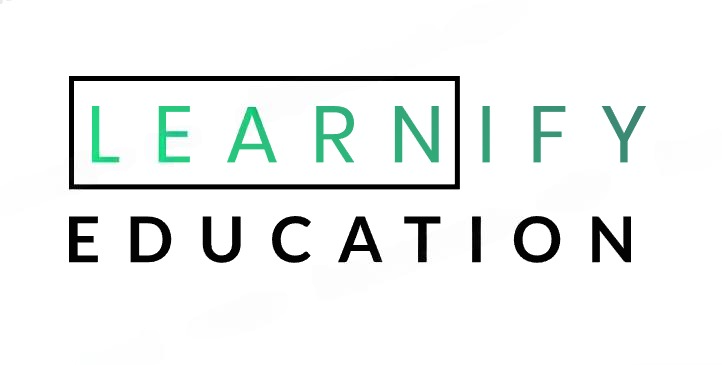From Confusion to Clarity: Satya Nadella’s Career Journey
Compare India’s leading universities on a single platform within two minutes. Online MBA for job professionals 100 + Universities 30X comparison factors Free expert consultation Quick Loan facility Post Admission Support Learnify Exclusive Community Job + Internship Portal No-Cost EMI From ₹5100/- Subsidy Available upto ₹20,000/- Introduction: Standing at the Crossroads of Career Choices At some point in life, every professional faces a critical question:“Am I on the right career path?” This question isn’t just for those starting out. Even leaders of global corporations have faced similar dilemmas. One such inspiring story is that of Satya Nadella, the CEO of Microsoft. His career journey is a powerful example of how self-reflection, bold decisions, and the right guidance can shape one’s destiny. Satya Nadella’s Career Story: From Uncertainty to Leadership Satya Nadella’s story didn’t start with a clear vision of becoming a tech leader. Born in Hyderabad, India, he pursued electrical engineering because of his interest in technology. But as he progressed, he realized that his curiosity wasn’t limited to circuits and codes. He was deeply interested in understanding how technology impacts businesses and people. Despite a promising technical background, Nadella felt something was missing. This internal conflict led him to pursue an MBA in the U.S., a bold move that shifted his career trajectory. The decision was not easy—it involved stepping out of his comfort zone and embracing uncertainty. But it was also the decision that laid the foundation for his future success at Microsoft. Lessons from Satya Nadella’s Journey 1. Self-Reflection is the Starting Point Nadella’s journey underscores the importance of introspection. Many professionals continue down paths they chose years ago without pausing to ask, “Is this still right for me?” Satya’s ability to reflect on his career and acknowledge the need for change was pivotal. “Don’t be a know-it-all; be a learn-it-all.” — Satya Nadella This mindset helped him grow beyond his initial technical role to become a transformational leader. 2. Guidance Makes a Difference Imagine if Satya had access to professional career counseling early on. Career counselors help individuals explore their strengths, understand market trends, and identify growth opportunities. While Nadella navigated his journey through personal reflection, many professionals benefit immensely from structured guidance. Career counseling provides clarity, helping individuals make informed decisions instead of relying on trial and error. 3. It’s Never Too Late to Pivot One of the biggest takeaways from Nadella’s story is that career shifts aren’t failures; they’re growth opportunities. Many professionals fear that changing paths means starting over. But as Nadella proved, shifting focus can lead to roles that better align with one’s strengths and passions. His transition from a technical expert to a business leader didn’t erase his past experiences—it enriched them, making him a more versatile leader. The Struggles of Working Professionals: Do You Relate? Many working professionals face challenges similar to what Nadella experienced: Feeling Stuck: You excel at your job but feel unfulfilled. Lack of Direction: You know you want a change, but you’re unsure where to start. Fear of Change: You worry that switching careers might be risky. Missed Opportunities: You feel there’s more you could achieve with the right guidance. If any of these resonate with you, remember that you’re not alone. The key is recognizing the need for change and seeking the right support. How Learnify Education Can Help You At Learnify Education, we understand the complex emotions and decisions involved in career transitions. Our career counseling services are designed to help working professionals like you: Identify Strengths and Passions: Discover what truly motivates you beyond your current job role. Explore New Career Paths: Learn about industries and roles you may not have considered. Develop a Career Roadmap: Create a step-by-step plan to achieve your professional goals. Build Confidence: Overcome the fear of change with expert advice and support. Our counselors work closely with you to understand your unique experiences, aspirations, and challenges. Whether you’re looking to climb the corporate ladder, switch industries, or start your own venture, Learnify Education can guide you through every step. Your Satya Nadella Moment is Just One Decision Away Satya Nadella’s journey teaches us that success isn’t about having all the answers from the start. It’s about asking the right questions, seeking guidance when needed, and having the courage to pivot when your heart says so. If you’re standing at a career crossroads, wondering, “What’s next for me?” — Learnify Education is here to help you find the answer. Book your career counseling session today and take the first step towards discovering your true potential. Because sometimes, all it takes is the right guidance to unlock greatness.














